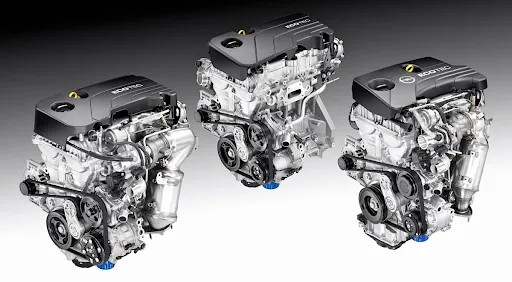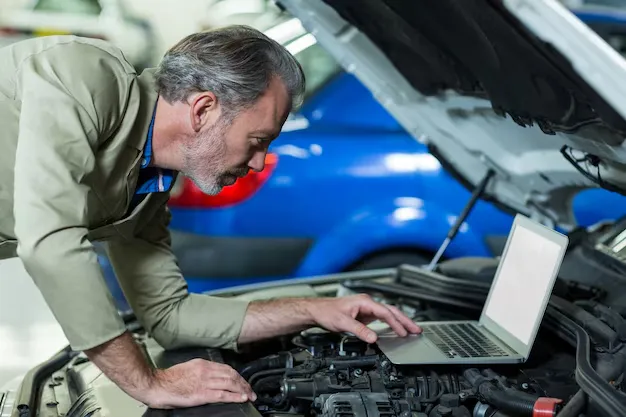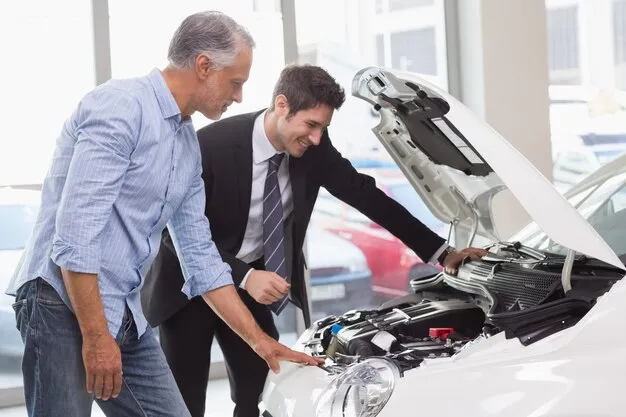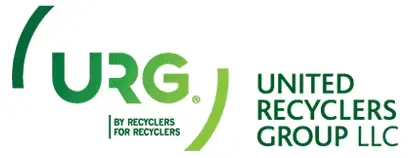Mon - Fri: 8am - 5pm, Sat - Sun: Closed

6-36 Month Warranties
We Ship Local.
Hablamos Español.
Connect with
How to Tell If Your Engine Needs to Be Replaced or Rebuilt
Engine Replacement vs Rebuild
Recognizing Engine Problems
Engines experience wear and tear over time, often leading to performance problems that might indicate the need for a rebuild or replacement. Warning signs to watch for include excessive smoke from the exhaust, unusual knocking noises, or a noticeable drop in power. These issues suggest underlying damage that requires immediate attention to prevent further complications.
Ignoring these symptoms can result in severe engine failure, turning minor problems into costly repairs. Addressing these warning signs early not only helps maintain your vehicle’s performance but also extends its lifespan. Regular maintenance and prompt action can save you from the inconvenience and expense of a complete engine replacement, ensuring your vehicle remains reliable for years to come.



Mechanics assess engine damage by performing compression tests, checking oil quality, and inspecting cylinder wear. These steps help identify the extent of the damage and its impact on engine performance. A detailed diagnostic provides valuable insights into the engine’s condition, allowing for an informed decision between rebuilding or replacing it. Rebuilding may be suitable for minor wear, while replacement is often necessary for severe damage. Choosing the most cost-effective option ensures the engine's longevity and keeps the vehicle running efficiently.
Key Signs Your Engine May Be Failing

Overheating, frequent misfires, or the presence of metal shavings in the oil are warning signs of serious internal engine damage. These issues often point to worn or failing components that require immediate attention. Overheating can lead to warped engine parts, while misfires may indicate problems with the cylinders or spark system. Metal shavings in the oil suggest excessive friction and wear, signaling that internal components are deteriorating.
Additionally, a lack of oil pressure or a blown head gasket can indicate that the engine is nearing the end of its lifespan. Low oil pressure prevents critical lubrication, leading to accelerated wear and potential failure. A blown head gasket, on the other hand, can result in coolant mixing with oil, causing significant damage. Addressing these symptoms promptly can prevent further complications and help you decide between repair or replacement.
Rebuilding an engine focuses on replacing worn components like bearings, seals, and gaskets while preserving the original engine block. This process is ideal when the damage is localized and the core structure of the engine remains intact. It can be a cost-effective way to restore performance and extend the engine’s life. However, when damage is extensive or affects critical areas, a full engine replacement is often the better choice. Replacement ensures greater reliability, longevity, and peace of mind, particularly for heavily worn or compromised engines.
Rebuilding an Engine: Pros and Cons
Choosing to rebuild an engine offers multiple advantages for vehicle owners. It is often more affordable than replacing the entire engine, making it a cost-effective solution for restoring performance. Additionally, rebuilding allows the original engine block to be retained, ensuring compatibility with the vehicle’s systems and maintaining its structural integrity. This option can also be customized to address specific performance needs, enhancing the engine's functionality.
However, rebuilding is not always a viable solution. If the engine block has significant cracks, warping, or other critical damage, a rebuild may not restore the engine’s full functionality or reliability. Furthermore, the process can be time-consuming and labor-intensive, requiring precise workmanship to ensure the rebuilt engine meets factory specifications. These factors should be carefully considered when deciding between rebuilding and replacing the engine.
At Houston Engines the rebuilding process itself is intricate and demands a high level of expertise. Mechanics will first disassemble the engine, thoroughly inspect all components, and clean them to remove debris and contaminants. Damaged parts, such as bearings, seals, gaskets, and pistons, are replaced with new ones to restore optimal performance. Once all components are repaired or replaced, the engine is reassembled with precision, ensuring it operates as intended.
If executed correctly, a rebuilt engine can deliver years of dependable performance, comparable to that of a new engine. However, the key to success lies in selecting a skilled mechanic with experience in engine rebuilding. For vehicle owners, understanding the rebuilding process and its limitations is crucial in making an informed decision. With proper care and maintenance, a rebuilt engine can extend the lifespan of the vehicle while saving costs compared to a full engine replacement.
When to Opt for an Engine Replacement
Replacing an engine becomes the best option when the damage is too severe for repair. Issues such as a cracked engine block, complete piston failure, or extensive internal wear often make rebuilding impractical. Additionally, if the cost of repairs exceeds the vehicle’s overall value, a replacement becomes a more sensible financial decision. Replacing the engine ensures that the vehicle remains reliable and functional, especially for those looking to extend its lifespan significantly.
For replacements, a remanufactured engine can be a cost-effective choice. These engines are professionally rebuilt with new components and rigorously tested to meet performance standards, offering reliability at a lower cost than a brand-new engine. Alternatively, used engines may provide a budget-friendly option but come with unknown wear and typically limited warranties, making them a riskier choice. The decision between these options should factor in the owner’s budget, the vehicle’s age, and long-term reliability goals. By carefully evaluating these aspects, vehicle owners can select the option that best suits their needs while ensuring optimal performance and value.

Making the Right Choice for Your Vehicle
Deciding between rebuilding or replacing your engine depends on several factors, including the extent of damage, repair costs, and your vehicle’s long-term needs. A professional assessment is crucial in guiding this decision, as it provides clarity on the condition of the engine and the most practical solution.
For drivers experiencing persistent engine trouble, a thorough diagnostic test is an essential first step. Diagnostics can uncover underlying issues and determine whether the damage is repairable. In cases where repairs are manageable, rebuilding the engine may be the best option, offering a cost-effective way to restore performance while retaining the original engine block.
However, for vehicles with catastrophic engine failure, such as a cracked block or complete internal damage, a replacement is often the more reliable solution. Remanufactured engines are a popular choice, as they are professionally rebuilt, tested for performance, and come with warranties, ensuring long-lasting reliability. While used engines may be cheaper, they carry risks of unknown wear and limited warranties, making them less dependable for long-term use. If you're considering rebuilt parts, read more about new vs. remanufactured transmissions.
Before making a final decision, it is essential to compare the costs and benefits of each approach. Consulting a specialist for an engine evaluation can help identify the most suitable option for your vehicle’s specific needs. Contact us for weighing the pros and cons and seeking expert advice, you can ensure a solution that is both cost-effective and performance-driven, keeping your vehicle running efficiently for years to come.
Get our latest news and promos
QUALITY ASSURED


SATISFACTION GUARANTEED

UNPARALLELED SUPPORT
Houston Engines
Proud Member



Social Media
Payments Accepted
Ship Via











